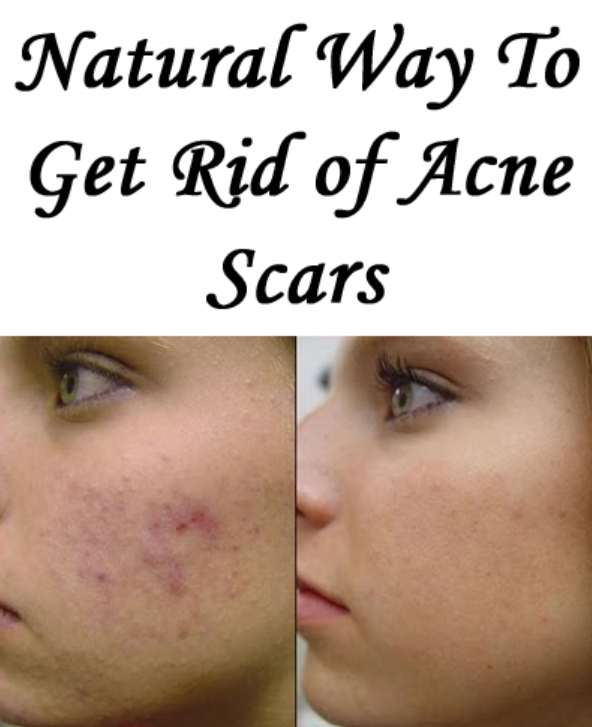Dealing with acne can be frustrating, but the aftermath of breakouts—scarring—can feel even more discouraging. Scars can take time to fade, and preventing them from forming in the first place is key. Luckily, there are several ways to reduce the likelihood of acne scars while also improving your skin’s health and appearance. In this post, we’ll share some expert tips to help minimize scarring during acne breakouts.
1. Maintain a gentle face cleansing routine with a mild cleanser
The foundation of a good skincare routine is proper cleansing. During an acne breakout, your skin is already inflamed and sensitive, so using a harsh cleanser can cause irritation and make scarring worse. Opt for a gentle, non-comedogenic cleanser that removes dirt, oil, and impurities without stripping the skin’s natural moisture. Look for products containing soothing ingredients like aloe vera or chamomile to help calm your skin.
2. Resist the Urge to Pop Pimples
It’s tempting to pop a pimple when it seems like it’s just sitting there, waiting to be dealt with. However, this is one of the biggest mistakes you can make when trying to minimize acne scars. Popping pimples can push bacteria deeper into the skin, leading to more inflammation and potentially causing scars that can last for months or even years. Instead, apply a spot treatment with active ingredients like benzoyl peroxide or salicylic acid to target the pimple without irritating the surrounding skin.
3. Keep Your Skin Hydrated with a Proper Moisturizer
Proper hydration is essential for skin repair, especially during an acne breakout. Many people with acne mistakenly believe that moisturizers will clog pores and worsen breakouts. However, hydrated skin is key to healing. Choose an oil-free, non-comedogenic moisturizer that won’t clog pores but will keep your skin hydrated and balanced. Hydrated skin is also less likely to develop dry patches that can make scars more noticeable.
4. Use Sun Protection—Sunscreen and Topical Treatments Like Tretinoin
Sun exposure can make acne scars worse by increasing pigmentation and slowing down the skin’s healing process. Protect your skin daily by applying a broad-spectrum sunscreen with SPF 30 or higher. Sunscreen will help prevent new scars from darkening and reduce the visibility of existing scars. Additionally, using topical treatments like tretinoin can speed up cell turnover, helping your skin regenerate and heal more quickly, but be sure to apply sunscreen when using tretinoin as it can make your skin more sensitive to the sun.
5. Eat a Balanced Diet
Your skin’s health is directly connected to what you put into your body. Eating a balanced diet rich in vitamins, minerals, and antioxidants helps support your skin’s ability to heal. Foods high in vitamin C, such as oranges, strawberries, and bell peppers, can promote collagen production, which is essential for skin repair. Omega-3 fatty acids found in foods like salmon, walnuts, and chia seeds can also help reduce inflammation. Avoid excessive sugar and processed foods, as they can contribute to inflammation, which can worsen acne and scarring.
6. Be Patient and Consistent
One of the most important things to remember when dealing with acne and scarring is that patience and consistency are key. Healing takes time, and your skin needs time to recover from breakouts. Stick to a gentle skincare routine, avoid picking at your skin, and stay consistent with your treatments. The more consistent you are with your routine, the better the results you’ll see.
If you’re struggling with persistent acne or scarring, it’s always a good idea to consult with a dermatologist or skincare professional who can provide personalized recommendations based on your skin type and needs. Our experts at Acne Free Club are here to help you with your acne treatment journey. Visit our consultation page to get started and find the right solutions for your skin.
Conclusion
Minimizing scarring during acne breakouts requires a combination of patience, proper skincare, and healthy lifestyle habits. By following these simple yet effective steps, you can help reduce the risk of scarring and support your skin’s healing process. Remember, the key is consistency—stick to a routine, resist picking at your skin, and give your skin the care it deserves. Over time, your skin will look and feel healthier, and the scars will gradually fade.
For more tips:
Subscribe on YouTube: Diana Lily Acne Free Club
Follow on Facebook: Acne Free Club
Follow on Instagram: @dianalily_acnefreeclub
Your acne-free skin journey starts now! 🌟

